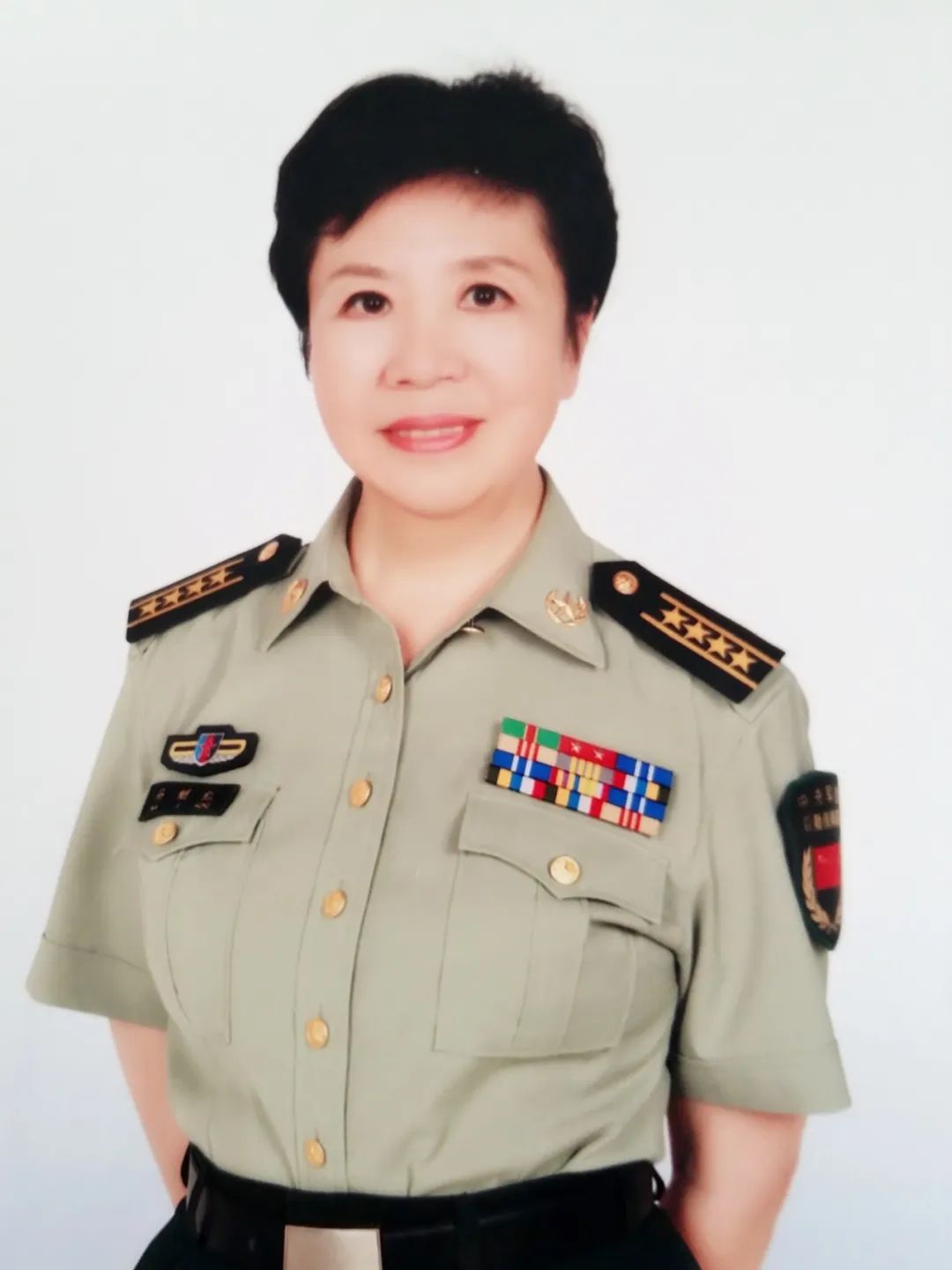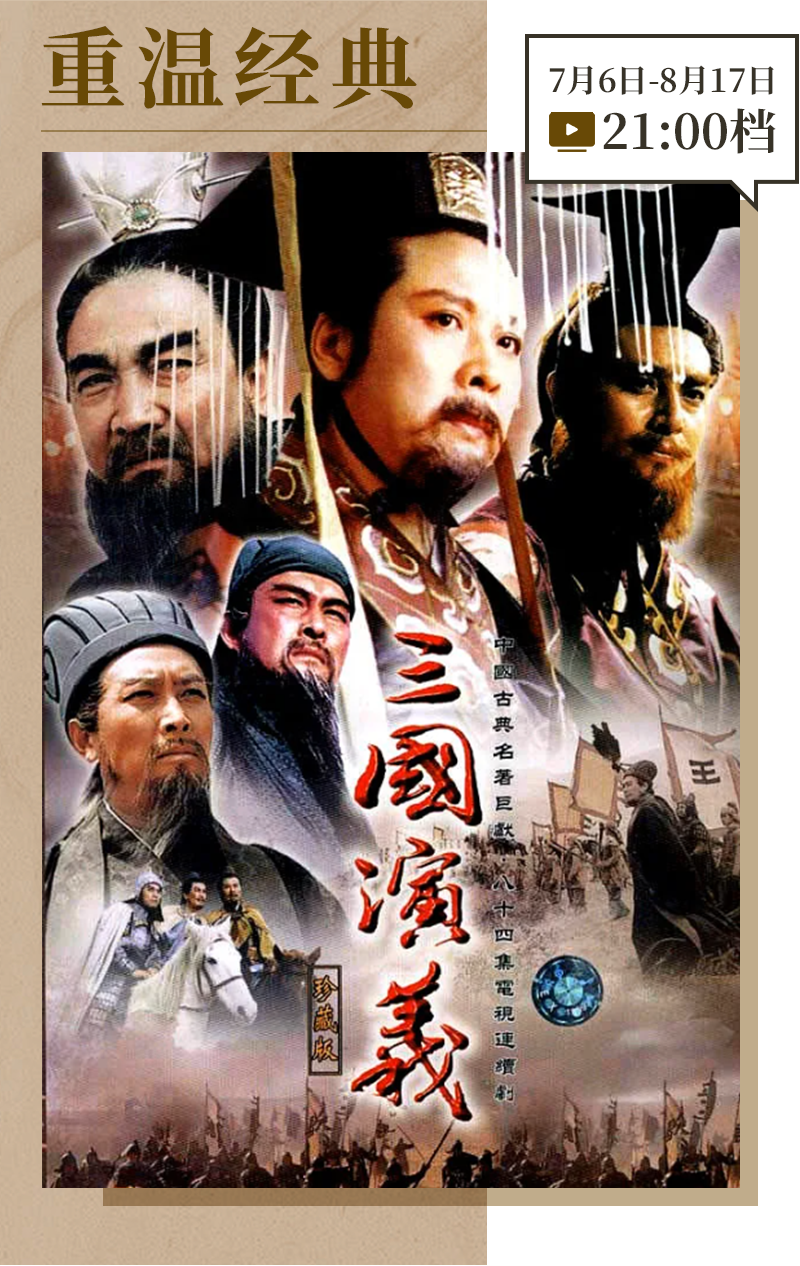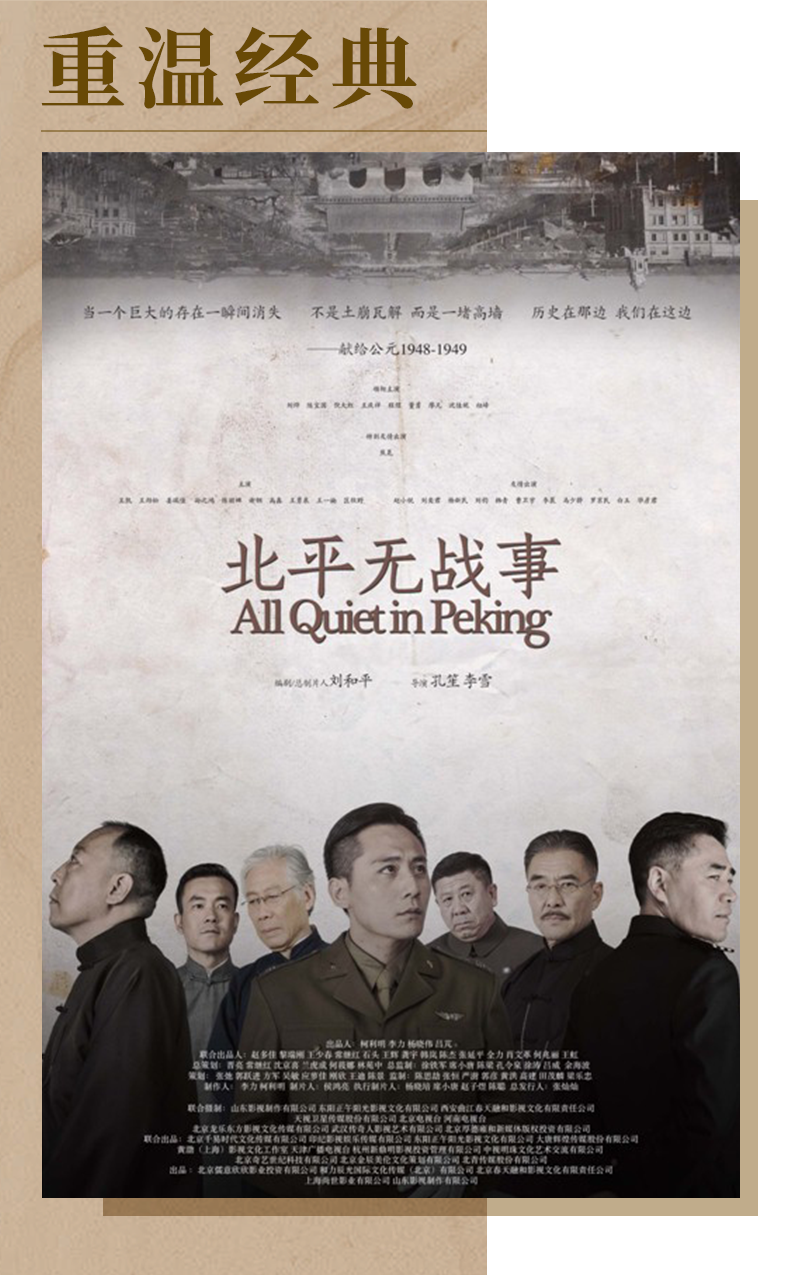
Editor's Note: On the eve of the 2019 National Day, to celebrate the 70th anniversary of the founding of the People's Republic of China, the major revolutionary historical drama "Diplomatic Storm" premiered on the screen, causing a strong reaction and receiving numerous accolades. Directed by Song Yeming and with Ma Jihong as the chief screenwriter, the series tells the remarkable contributions of the older generation of proletarian revolutionaries, such as Mao Zedong, Liu Shaoqi, Zhou Enlai, Deng Xiaoping, and Chen Yi, to the diplomatic endeavors of the new China. It comprehensively showcases the grand and arduous history of China's diplomacy. In 2020, Ma Jihong was awarded the Excellent Screenplay Award at the 32nd Chinese TV Drama "Feitian Awards" for this series.
"Diplomatic Storm" is currently being broadcast on the "Revisiting Classics" channel. On the occasion of the show's five-year anniversary, the China TV Arts Committee specially invited chief screenwriter Ma Jihong to pen an article, reflecting on her creative journey of challenging herself and rising to difficulties when addressing the theme of diplomacy.

Chief screenwriter of "Diplomatic Storm," Ma Jihong
For many creators, diplomatic themes represent both a lofty summit to aspire to and a chilling forbidden territory. Creating a film or television drama on diplomacy requires a desire to tackle the subject, the courage to undertake it, and the combination of luck and skill to execute it. Perhaps my recent work on "General Peng Dehuai" gave me both the audacity and ambition, stimulating me to make a bold charge towards this highland that is adorned with roses yet bristled with thorns.

Poster of "Diplomatic Storm"
To thoroughly understand the trajectory of New China's diplomacy, I isolated myself for three months, writing 800,000 words of reading notes, watching a wealth of documentaries, interviewing several veteran diplomats, and convening four expert seminars. I generated six drafts of the episodic outline. This effort allowed me to clarify the main events in the diplomatic history of New China.
Diplomacy is a grand and weighty theme, and to write a successful drama, one cannot limit the perspective to a micro-world of minute details; the mindset must transcend the "small waves in a cup" sentimentality. One must cultivate a broad-mindedness that embraces all rivers and innovate a spirit of a rushing river. I even purchased a large globe; whenever I found free time, I would gently spin it and then spread my imaginative wings to recover those long-hidden stories.
Although "Diplomatic Storm" adopts a documentary style, it is not a documentary per se; it still requires the crafting of character portrayals. The show features several hundred real characters, with a focus on Mao Zedong and Zhou Enlai.

Still from "Diplomatic Storm"
Writing about Mao Zedong primarily captures his wisdom and courage. From the "leaning one way" diplomatic policy to the "two intermediate zones" strategic concept, and the "three world division" theory, Mao Zedong always had a broader vision and deeper insights than most. When faced with the provocations of American imperialism during the Korean War, Mao Zedong had the audacity to say no! The Korean War asserted the national dignity of the Chinese people and established New China's exalted international status. Twenty years later, when the concept of American imperialism had become deeply ingrained in the hearts of the Chinese, Mao Zedong humorously suggested welcoming the U.S. president to China. As a result, Nixon genuinely crossed the Pacific to shake hands with Mao. Regardless of whether they were presidents or prime ministers, once they stepped into Mao Zedong's modest receiving room of just a few dozen square meters, they would be unconsciously conquered.

Still from "Diplomatic Storm"
Writing about Zhou Enlai primarily highlights his demeanor and charm. Zhou Enlai is acknowledged globally as a diplomatic genius, with his humble and graceful demeanor, courteous treatment of others, subtle negotiation skills, and unparalleled political wisdom altogether showcasing an extraordinary personal charm.

Still from "Diplomatic Storm"
Due to the specificity of its theme, "Diplomatic Storm" is filled with content regarding negotiations, competitions, strategies, conflicts, confrontations, and wars, setting a cold tone. To ensure the drama resonates more with the common people, it was necessary to search for and excavate warmer, more humane elements, and through these warmer stories and characters, connect with the audience's emotions.
In the series, I penned three extraordinary banquets. The first was in 1958 when Zhou Enlai hosted a grand welcome banquet for the Volunteer Army, at which point Mao Zedong quietly took out the relics of Mao Anying and was unable to hold back his tears; the second banquet was in 1959, when Khrushchev ordered the complete withdrawal of Soviet experts in a week; despite Mao Zedong's outrage, a farewell banquet was held where Chinese and Soviet experts embraced and wept; the third banquet took place in 1961 when, after declaring no more meat consumption due to natural disasters, Mao Zedong still remembered the scientists working on developing atomic bombs in the desert and invited them to a banquet at the Great Hall of the People on New Year's Eve, with a bowl of braised meat placed before each of them...

Still from "Diplomatic Storm"
The historical period of diplomacy in New China is not far removed from us. Today's world has changed significantly compared to over 70 years ago, but the ambitions of American imperialism to dominate the globe have not wavered, and the desire for peace among the world's peoples remains steadfast. Today, under the leadership of the core of the Party Central Committee with Comrade Xi Jinping at its helm, China is composing a new chapter in its distinctive diplomacy—one with extraordinary leadership, cohesion, and influence. China is moving closer than ever to the center of the global stage, becoming an important force in shaping the future and influencing the world. Because of this, countries led by the United States are intensifying their efforts to contain and suppress China, ramping up trade wars, covertly instigating "color revolutions," and sowing discord with open and secret attacks. Their ultimate goal is to prevent and resist China’s rise.
Back in the day, the newly established China, just rising from the ruins of war, had the courage to say no in the face of American imperialism's blockades and provocations; today, the increasingly strong People's Republic of China should even more boldly stand at the forefront of the world and embrace challenges amidst the winds and rains! General Secretary Xi Jinping once said: "The Chinese people fear no evil and do not believe in the supernatural, they do not seek trouble nor are they afraid of it. No foreign power should expect us to trade our core interests, nor should they assume we will accept the bitter fruit of harming China's sovereignty, safety, and developmental interests." This is the significance of presenting this grand historical narrative of diplomacy to the audience.

Still from "Diplomatic Storm"

